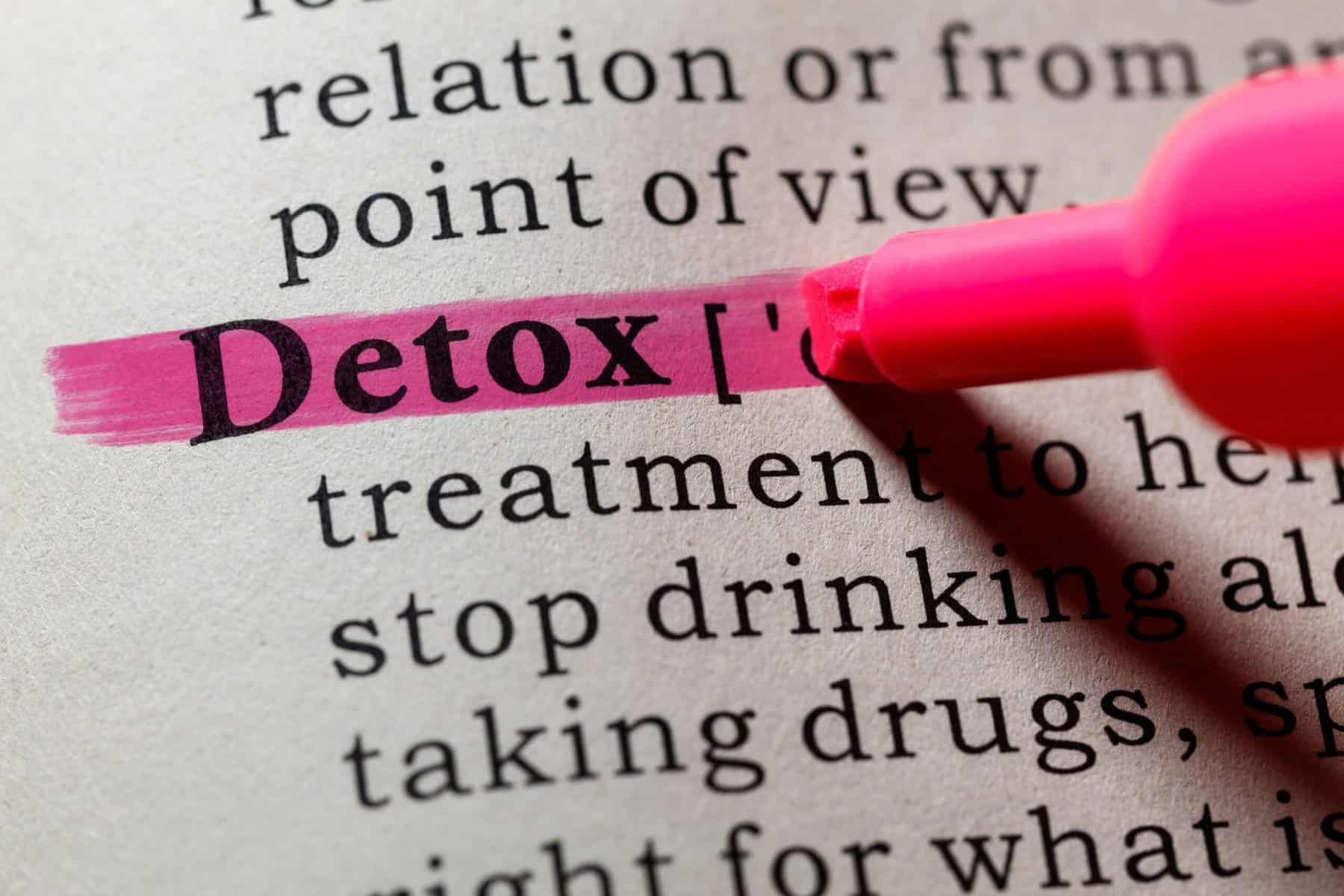The Connection Between Trauma and Addiction
Addiction often serves as a response to past trauma, whether the individual is aware of it or not. The inability to identify and acknowledge this connection between past hurt and substance abuse can complicate the treatment of the underlying addiction. Ideally, understanding these specific connections between trauma and addiction sheds light on how past stress or abuse influences substance abuse patterns.
Understanding Trauma and Its Impact
Unveiling the hidden association between trauma and addiction offers a fresh perspective on the behaviors and consequences of addiction disorders. It also accentuates the profound impact of adverse childhood experiences and chronic stress on substance abuse. Childhood trauma and stress can follow an individual into adolescence and adulthood, shaping their thoughts, behavior, and reactions.
The consensus among experts is that there’s a strong connection between trauma and addiction, with some suggesting that addiction is almost always a result of underlying trauma or a history of abuse.
What is Trauma?
Trauma refers to any event that’s distressing, disturbing, or significantly upsetting. Defined by the DSM-5-TR, trauma can become an individual’s reality following exposure to actual or threatened death, significant injury, or sexual violence. This exposure can occur directly, as a bystander, or through repeated exposure to traumatic event details.
Types of Traumatic Events
Traumatic events can stem from a multitude of unfavorable experiences. Some common examples include sexual assault, domestic violence, combat, and natural disasters. Impressively, about 90% of individuals seeking help in a behavioral healthcare setting say they were victims of a traumatic event. This means the majority of individuals grappling with mental and emotional health challenges have had their lives drastically altered by trauma.
Trauma can occur as a single event like a car accident or the traumatic loss of a loved one or as a long-term stressor like living in an abusive household. As such, it’s crucial to understand that these experiences can happen to anyone, at any point in life.
How Trauma Affects the Brain
The connection between trauma and addiction stems from how negatively these instances affect individuals’ mental, emotional, and physiological well-being. Trauma triggers feelings of hyperarousal, reactivity, intensely overwhelming emotions, panic, and other mental health conditions that can be challenging to manage without proper support. In a bid to suppress these challenging feelings, individuals often turn to substances, thus creating a vicious cycle.
It’s important also to note that trauma is more than a negative experience. It’s an event or series of circumstances that have lasting effects on individuals’ mental, emotional, physical, social, and spiritual well-being. Specifically, childhood trauma strongly correlates with addiction.
Data shows that lifetime trauma incidence is the best predictor of addiction. This is why treating trauma is highly beneficial for addiction recovery. With this understanding, key interventions can be made to break the deadly cycle of dependence and abuse resulting from unaddressed trauma. This illuminates the need for professionals who specialize in trauma-informed and trauma-focused treatments, capable of addressing the roots of addiction while providing supportive mechanisms for handling trauma-related issues.
In essence, understanding the connection between trauma and addiction is vital. The task then becomes aiding individuals to recognize their emotions, identifying triggers, and developing healthy coping mechanisms. This understanding marks a significant step towards lasting change, and ultimately, recovery.
The Cycle of Trauma and Addiction
Understanding the cycle of trauma and addiction is vital especially when seeking solutions to break this destructive cycle. With an aligned mental health approach—including psychotherapy, professional guidance, and treatment, individuals stand a better chance to regain control of their lives.
Signs of Trauma
There are widespread symptoms associated with trauma, however, these can vary significantly in intensity and nature among individuals. Emotional dysregulation, panic attacks, and struggles with executive functions, are key signs often noted. Furthermore, those who’ve undergone childhood trauma in particular, may experience far-reaching psychological and behavioral aftereffects. Moreover, trauma can impact anyone, regardless of age, gender, or background. Hence, paying attention to these signs is crucial.
Escaping Emotional Pain
Studies suggest that attempts to escape or numb emotional distress often prompt the onset of substance use. To escape the overwhelming feelings associated with trauma, individuals may turn to drugs or alcohol as a means of temporary relief from their mental anguish. Vulnerable groups to these effects include women, adolescents, and individuals from marginalized populations. However, the reality remains that any person can experience childhood trauma and consequently struggle with subsequent addiction.
The Role of Self-Medication
Once faced with the grim reality of trauma and its resulting distress, the act of self-medication is often the default reaction for many. Substance misuse often becomes a coping mechanism. Thereby, temporarily alleviating the emotional pain caused by trauma. The link between trauma and substance use becomes apparent when the substance is used to ward off traumatic triggers or memories. Understanding that self-medication is a common, albeit unhealthy, response to trauma initiates the process of breaking the addiction cycle.
Addiction as a Source of Further Trauma
Dependence brought on by self-medication and addiction can itself prove traumatic, further perpetuating the cycle. Addiction negatively influences relationships and can cause economic strain, leading to additional trauma stimuli. Furthermore, according to Pharmacology Biochemistry & Behavior, “It is estimated that addiction-related costs to society exceed $740 billion annually due to crime, loss of productivity and healthcare.” The repercussions of addiction extend beyond the individual, impacting society broadly.
Are You Experiencing Trauma and Self-Medicating?
Identifying trauma and understanding its connection to substance use is the first stride toward dismantling the traumatic addiction cycle. Recognizing increased substance use following distressing events, or using such substances to cope with trauma-related triggers, could signify a trauma-addiction connection. Seeking professional assistance that specializes in trauma-informed and trauma-focused treatments, coupled with social support and early intervention, can greatly reduce the magnitude of trauma symptoms and ultimately curb substance use issues.
Unraveling the complex link between trauma and addiction requires careful understanding, expert insight, and caring intervention, certainly proving challenging yet not insurmountable.
Stress: The Middleman Between Trauma and Addiction
Scientific evidence strongly links trauma, especially childhood trauma, to addiction. Trauma incidence is the most reliable predictor of addiction, and the correlation between the two is deeply intertwined. Trauma can lead to stress that escalates to addiction and has negative effects on emotional skills, cognitive development, and even the risk of neurodegenerative diseases. The lack of natural chemicals like oxytocin and serotonin can make individuals vulnerable to substance abuse.
Treating trauma with trauma-informed methods is crucial to breaking the cycle. Integrating addiction treatments with stress management strategies could revolutionize perspectives on addiction. Society needs to strive for understanding, compassion, and actionable solutions in dealing with trauma. Recognizing and addressing the connection between trauma and addiction is essential for a future free from addiction’s hold.
How Childhood Trauma Leads to Addiction
Understanding the intricacies of trauma and addiction originates from delving into a key contributing factor: Adverse Childhood Experiences (ACEs). Specifically, the impact these ACEs have on developing addictive behaviors later in life cannot be overstated.
What are ACEs?
ACEs, or adverse childhood experiences, refer to traumatic events that occur during a person’s early years. These experiences, such as abuse or neglect, can have a significant impact on a person’s mental and physical health. Many people have experienced at least one ACE, and the more ACEs a person has experienced, the more likely they are to face addiction and other health issues.
It is important to address these experiences early and provide mental health support to break the cycle.
Recognizing and Treating Trauma and Addiction
Trauma and addiction are closely related, and it is important to recognize this connection to provide effective treatment for underlying addictions. Trauma often leads to substance abuse as a coping mechanism, with conditions like PTSD and substance abuse commonly occurring together. Integrated treatment approaches that address both disorders concurrently are more effective than separate treatments.
Healing from both disorders requires acknowledging the relationship between the two and seeking professional assistance for trauma-focused treatments. With the right help, lasting recovery is within reach.
Moving Toward Recovery and Resilience
Understanding the profound connection between trauma and addiction sets the stage for lasting recovery. Individuals on this path need an arsenal of tools and resources to help them navigate their journeys. Resilience and empowerment tend to be key elements in overcoming the challenges associated with trauma and substance use.
A Holistic Perspective of Mental and Physical Health: Unresolved Trauma and Addiction
Unresolved trauma often plays a role in addiction, and adopting a trauma-informed perspective can lead to more successful recovery journeys. This perspective recognizes an individual’s strengths and resilience, taking into account the impact of past trauma on substance abuse. Building resilience and fostering positive connections are emphasized, with a focus on repairing relational dynamics.
Family and community support, as well as holistic counseling services, are important components of treatment. Integrating strategies that address both trauma and substance abuse is crucial to breaking the cycle of addiction and intergenerational trauma.
Comprehensive Treatment for Trauma and Addiction at Enlightened Solutions
Trauma can have lasting effects on cognitive development, emotions, stress responses, and mood regulation, leading individuals to turn to substance use as a means of escape. Adverse Childhood Experiences (ACEs) greatly influence addictive behaviors later in life, making early intervention and quality mental health care essential for addressing ACEs and breaking the cycle.
A strength-based, trauma-informed approach that focuses on resilience, empowerment, positive connections, and healthy relationships is necessary for overcoming trauma and substance use.
Contact us at Enlightened Solutions to learn about our comprehensive approach to treating co-occurring mental health and substance use disorders.








